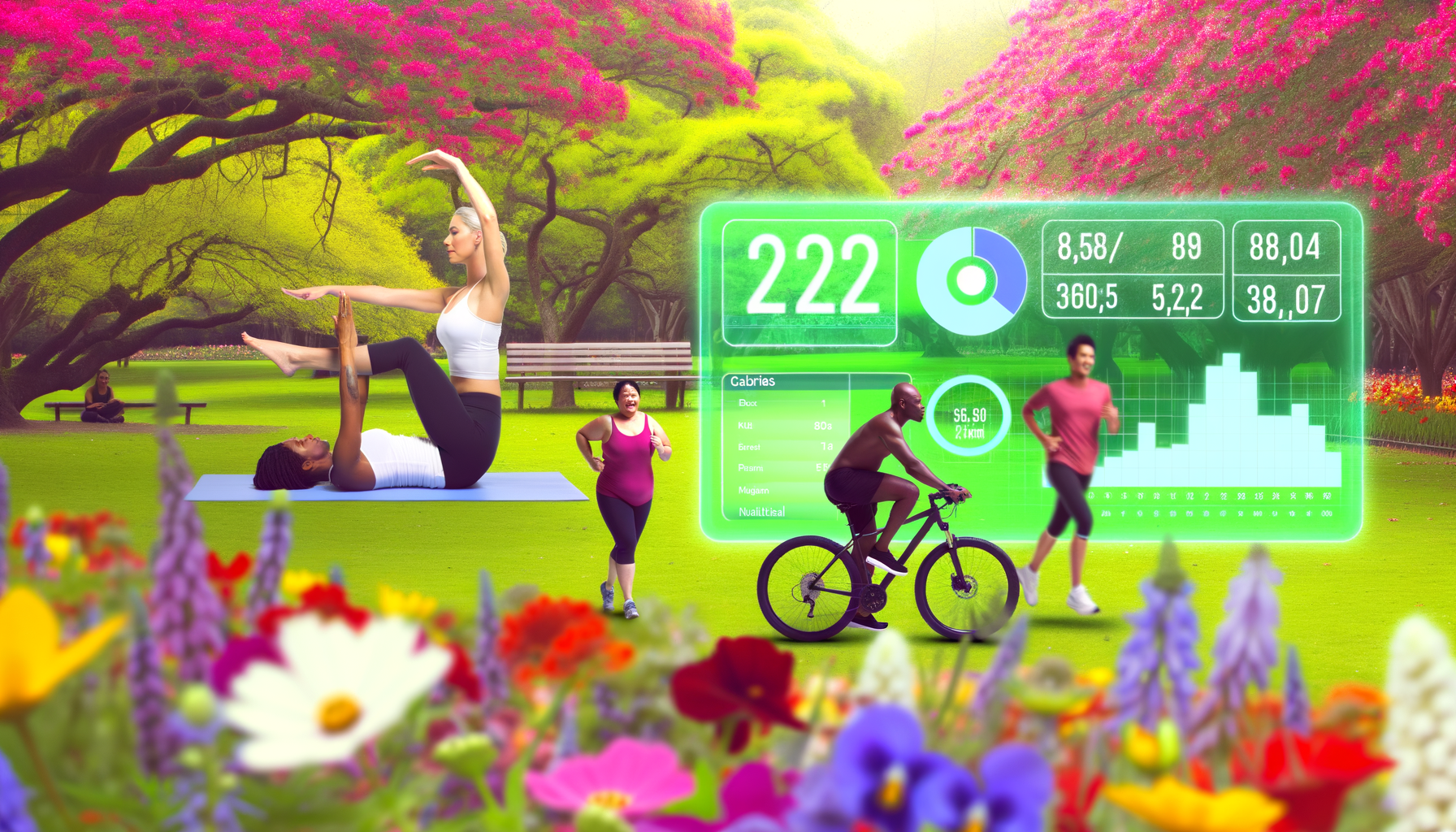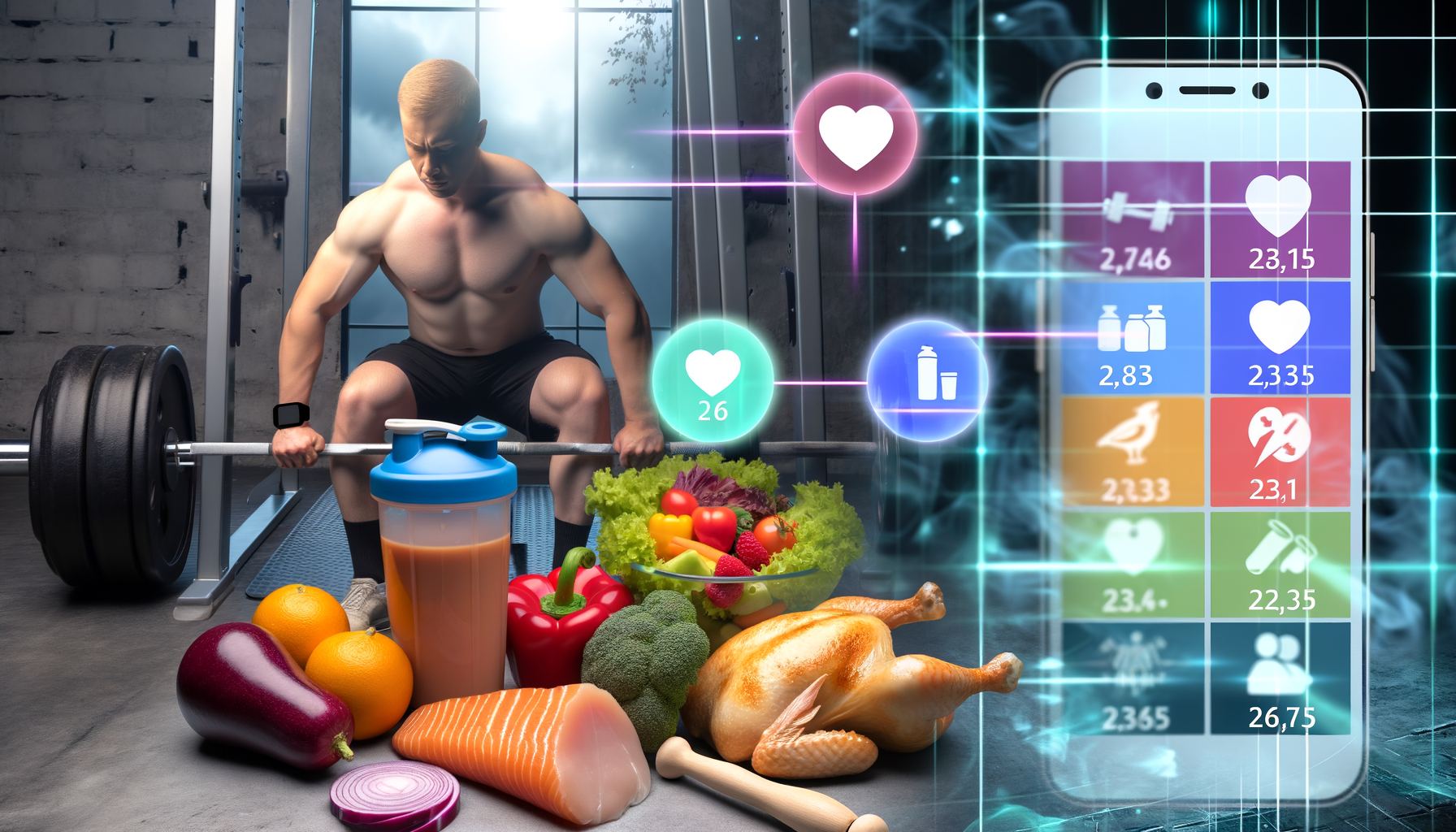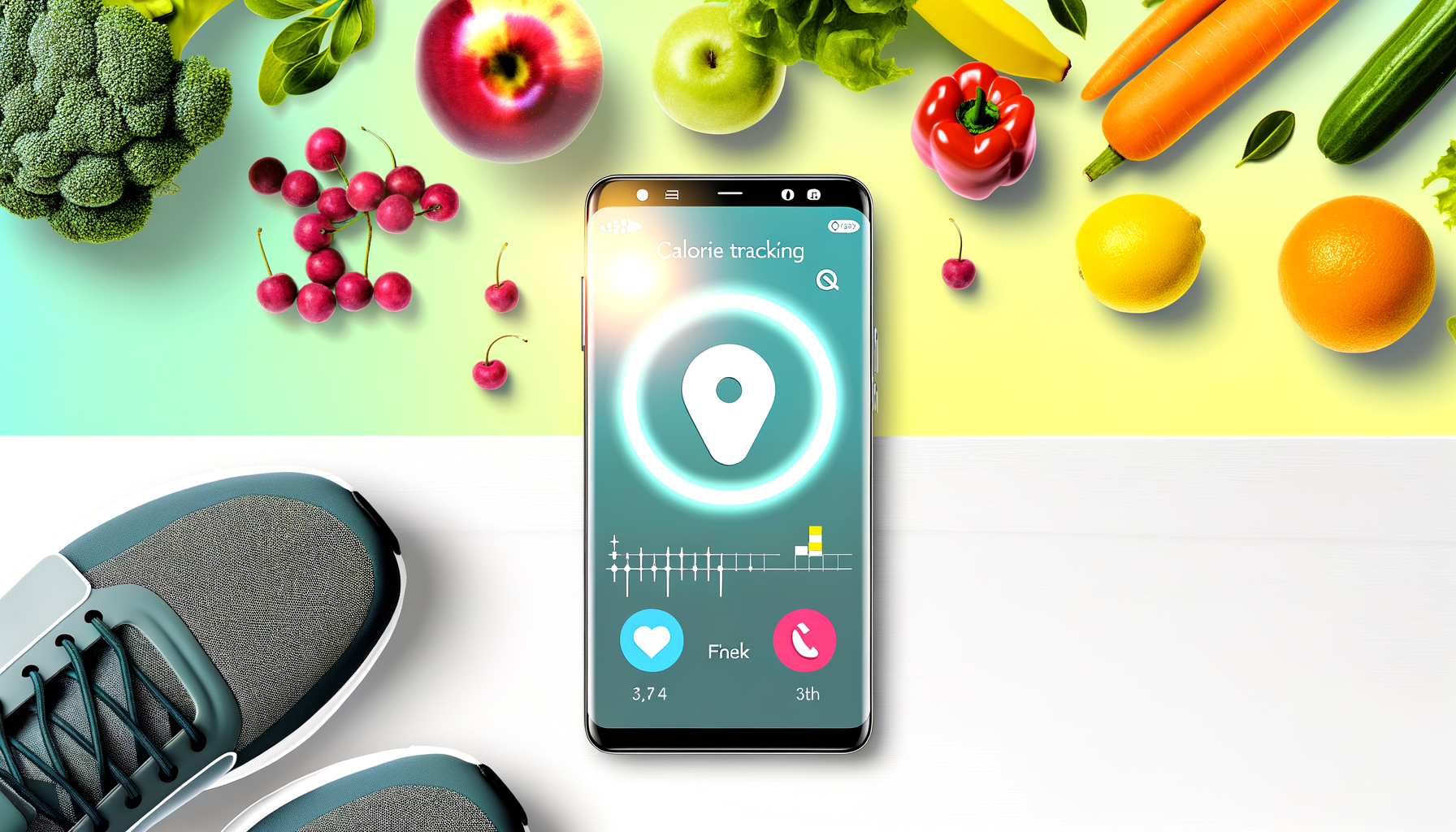The Role of Calorie Calculators in Fighting Eating Disorders
Understanding the Complex Dynamics Between Calorie Counting and Eating Disorders
Eating disorders represent a spectrum of serious mental health conditions that affect individuals’ relationships with food, body image, and self-worth. These disorders, such as anorexia nervosa, bulimia nervosa, and binge-eating disorder, often require multifaceted treatment approaches combining nutritional, psychological, and medical support to promote recovery and mental wellness.Understanding Eating Disorders (Cleveland Clinic)
In recent years, calorie calculators and digital food tracking apps have surged in popularity as tools to help manage diet and weight goals. However, their role in the context of eating disorders is complex and must be approached with caution and professional guidance.
The Dual Nature of Calorie Calculators in Eating Disorder Contexts
Potential Benefits When Used Responsibly
Calorie calculators can serve as valuable tools for individuals recovering from eating disorders, particularly when integrated into a professional care plan. They assist in establishing structured, balanced eating patterns by providing clear information about caloric intake, portion sizes, and nutritional needs, which is essential for weight restoration and health stabilization.
For example, clinicians may recommend calorie tracking to ensure patients meet their energy needs and progress safely during recovery, especially since daily caloric requirements can vary significantly—for instance, moderately active adolescent females might need around 2,200 kcal per day, whereas males or recovering hypermetabolic patients may require more.Caloric Needs in Eating Disorder Treatment (AAFP)
Risks of Calorie Calculators Without Sensitive Use
Conversely, calorie calculators can inadvertently contribute to the development or exacerbation of eating disorder symptoms. For many individuals, strict calorie tracking may trigger obsessive behaviors, increased anxiety around eating, and reinforce harmful food-related rituals. Studies have highlighted that a significant portion of users of popular calorie tracking apps report that these tools contributed to or worsened their eating disorder symptoms.Research on Calorie Tracker Usage (NIH PMC)
This risk underscores the necessity for a sensitive approach combined with professional guidance when recommending or using calorie tracking tools for those vulnerable to or recovering from eating disorders.
Implementing Ethical Practices and Ensuring Client Safety
Guidelines for Responsible Calorie Calculator Usage
- Professional Supervision: Calorie counting and food tracking should be part of a comprehensive treatment plan supervised by healthcare professionals who specialize in eating disorders to mitigate risks and monitor mental health closely.
- Avoiding Obsession Triggers: Clinicians often recommend focusing on intuitive eating principles and mindful eating habits rather than strict calorie counting to prevent entrenching disordered thinking.Guidance on Calorie Counting and Eating Disorders (CCI WA)
- Using Specialized Tools: Some digital tools, such as Recovery Record, incorporate empirically supported strategies designed for eating disorder recovery, aiming to reduce risks linked with traditional calorie tracking apps.Recovery-Oriented Calorie Tracking
- Client Education: Educating clients about the limitations of calorie counting, and promoting awareness that calorie numbers do not solely define health or worth, can foster healthier attitudes towards eating.National Eating Disorders Association Resources
Supporting Mental Health Awareness in Nutrition Management
Addressing the psychological dimensions is equally crucial. Eating disorders are rooted in mental health challenges, and successful recovery depends on emotional support, counseling, and sometimes medication. Nutrition tools like calorie calculators must be framed within a holistic treatment model that prioritizes client safety and psychological well-being.Integrated Treatment Perspectives
Real-World Perspectives and Case Studies
Consider the story of a young woman recovering from anorexia nervosa who initially used a generic calorie tracking app, which amplified her anxiety, leading to obsessive food logging and setbacks in her recovery. Under her therapist’s guidance, she transitioned to a specialized recovery app complemented by therapy sessions focusing on intuitive eating. Over time, her harmful calorie-counting habits diminished, and her relationship with food improved considerably.
Such examples illustrate the critical role professionals play in tailoring approaches that balance nutritional information with emotional and mental health support.
Leveraging Technology Wisely: Tools for Nutrition and Wellness
For health and fitness professionals, integrating calorie calculators responsibly can enhance client engagement and promote informed choices. Solutions like WP Calorie Calculator offer customizable widgets that can be embedded on wellness websites, helping users estimate energy needs while encouraging a balanced outlook on food intake.
To ensure best practices, experts can explore the WP Calorie Calculator Plans for options tailored to different client needs, guaranteeing the tool is used ethically and constructively.
Final Thoughts
Calorie calculators are double-edged tools in the fight against eating disorders—capable of supporting recovery when used thoughtfully, but potentially harmful if misused. Integrating these tools with a responsible, sensitive approach, underpinned by professional guidance, is vital to fostering mental health awareness and ensuring client safety.
By promoting ethical practices and emphasizing holistic treatment, health professionals can harness the benefits of calorie calculators while minimizing risks, ultimately empowering individuals on their journey towards balanced wellness and recovery.
Discover how the right calorie calculator can enhance your health platform by visiting WP Calorie Calculator and explore the plans that suit your needs at WP Calorie Calculator Plans.











